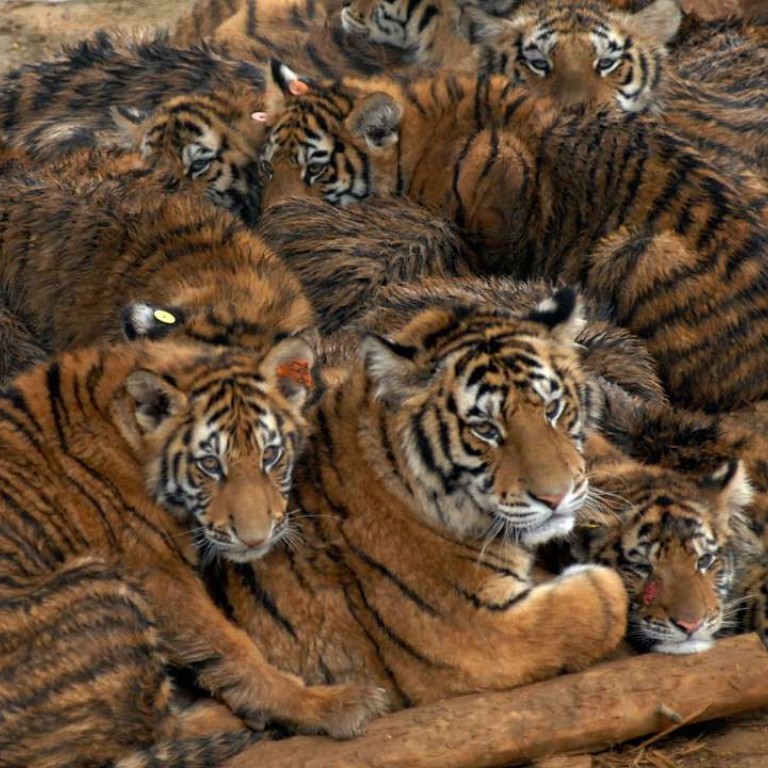
Breaking | Cautious welcome for amendment to China’s wildlife protection law
It’s an improvement, animal rights activists say, but it still regards native species as a commercial resource
Beijing on Saturday announced a long awaited amendment to a wildlife protection law but animal rights activists expressed disappointment that the law still treats native animals as a resource to be commercially exploited.
The amendment, the first for the Law on Wildlife Protection since its adoption in 1989, stipulates the country makes the protection of wildlife a priority. It would still allow the use of animal products, for example from bear bile farms, but in “standardised” ways subject to strict regulations in the law’s general principles after the amendment comes into effect next July.
Animal rights activists said the amendment had made some progress in deleting a controversial phrase in earlier drafts that the law’s purpose was to “regulate the use of wildlife resources”.
They were also pleased that the term “reasonable use” of wildlife resources had been changed to “standardised”, but were disappointed the law still endorsed the commercial use of wildlife.
“[Reasonable use] is an ambiguous term and can easily be manipulated, whereas ‘standardised’ implies regulations and protocols must be followed in the use of wildlife, which for me is a big improvement,” said Zhou Haixiang, from the Chinese national committee for Unesco’s Man and the Biosphere Programme .
Despite complaints from animal welfare activists, the amended law still endorsed the use of wildlife as a resource for traditional Chinese medicine.
Tiger bones and rhino horns are banned for use in traditional medicine by a separate State Council directive, but bear bile farms using caged live animals are considered legal. Animal rights groups also say there is a thriving black market for tiger body parts.
“You can’t use wild bears for medical use but bear bile farms are totally legal,” said Yan Xun, chief engineer at the Department of Wildlife Conservation and Nature Reserve Management of the State Forestry Administration.
Zhai Yong, an official with the NPC’s environmental and resources protection committee said using substitutes for genuine rhino horns and tiger bones caused traditional Chinese medicine to be less effective and the public needed to discuss whether to allow medical use of artificially cultivated wildlife after they die.
“If in the future original products from wild animals are all substituted, our Chinese medicine perhaps won’t be of any use anymore,” he added.

